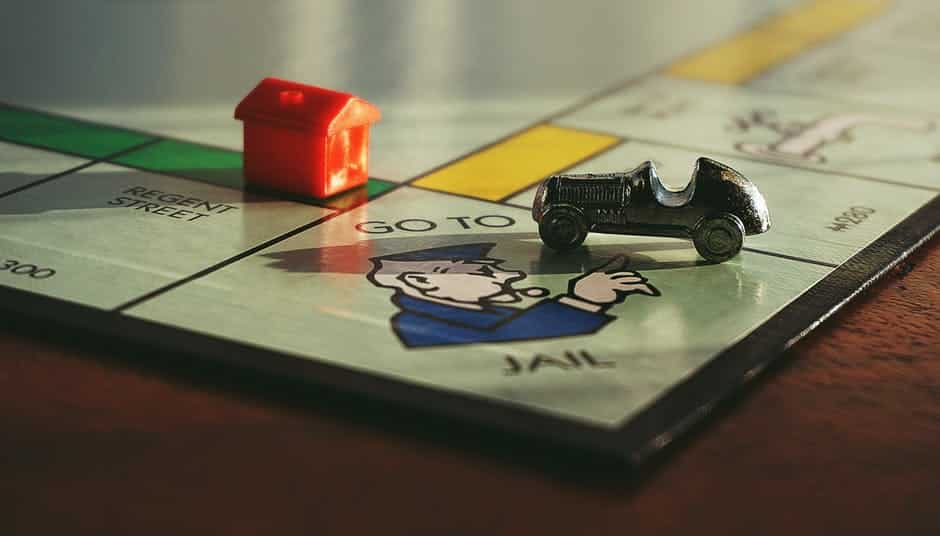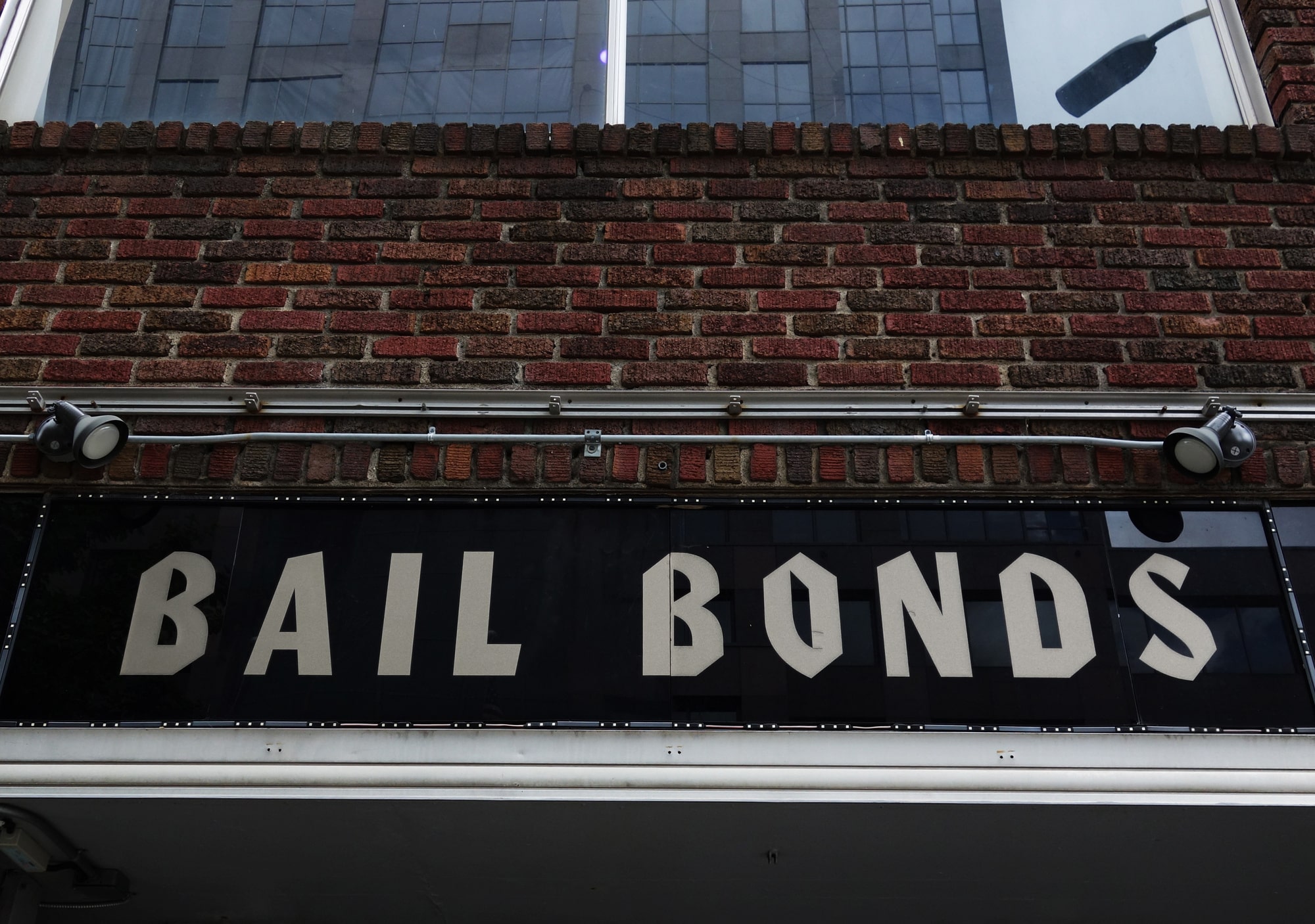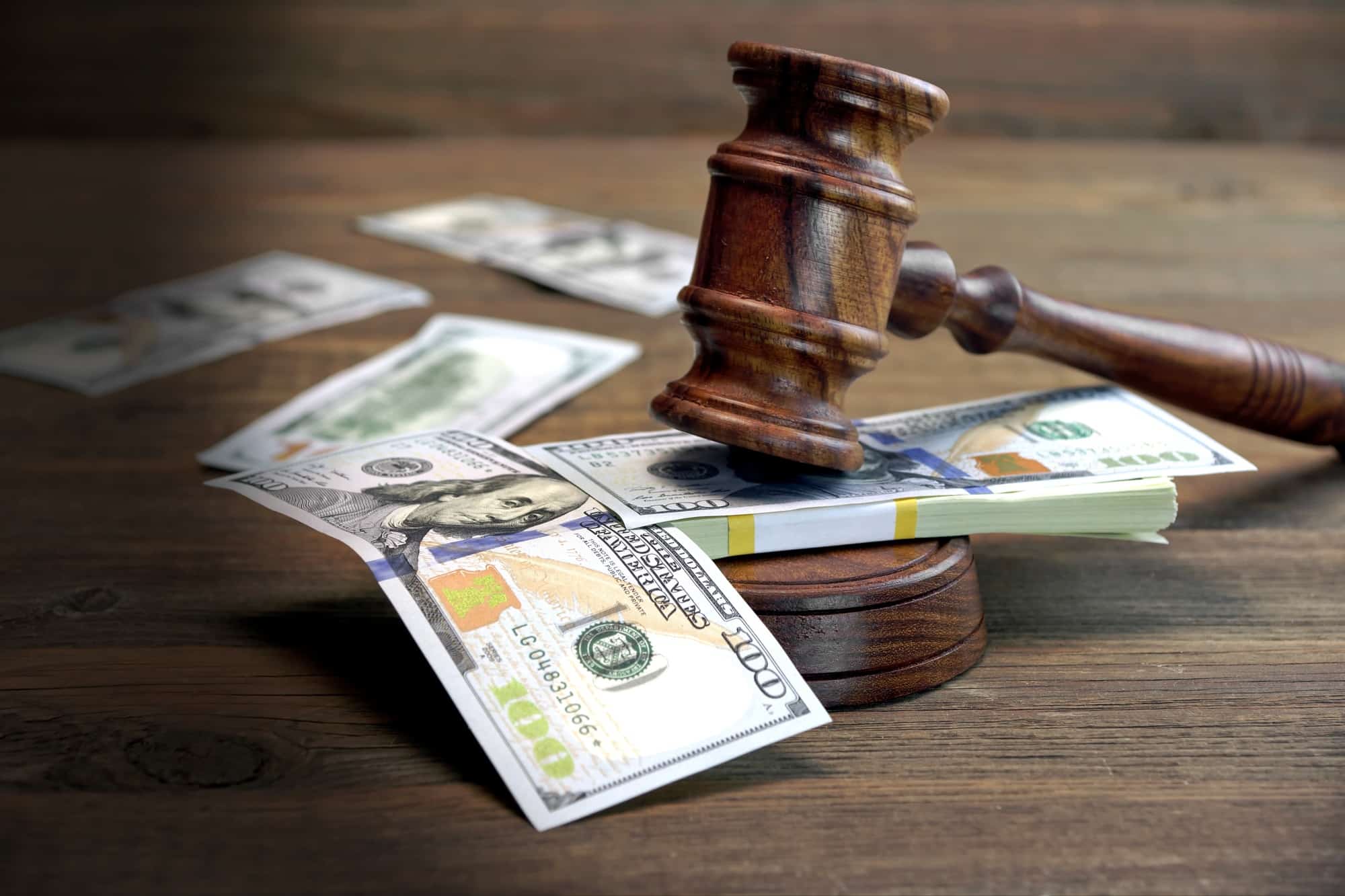Being put behind bars, even for a short period of time, has the possibility of derailing your life for many years. While incarcerated, family, work and other obligations fall out of your ability to control.
That’s why so many individuals who face time choose to post bail. Posting bail allows you to return to your life and prepare for what’s to come in a much more comfortable and controlled manner. Bail bonds allow this convenience for those who might not have the funds needed to post bail on their own.
When it comes to Virginia bail bonds, there are a few rules and guidelines particular to the state. Read on, and we’ll walk you through everything you need to know about Virginia bail bonds.
How The Arrest Process Works
In Virginia, when a person is arrested for a crime they will be brought to a local county jail to be processed. Here, they will be fingerprinted and their charges officially filed. They will then be placed in a holding cell and told to await trial.
In some cases, if a crime is minor, an individual may be released on what is known as an Own Recognize agreement.
That means as long as the individual signs papers acknowledging the court dates they need to be present for, they will be released back into the public. But in many cases, a person might need to wait behind bars until their court date rolls around.
This time between arrest and trial can potentially be quite lengthy. At this stage, an individual has not even been found guilty yet: but the law needs to ensure that they’ll be present at the court date, so they remain incarcerated.
An individual can be released if they pay bail at a number set by a judge. Posting a given bail amount is seen as a sign of good faith that an individual will show up to their court date. The price of bail may vary depending on a variety of factors, including the severity of a crime.
Securing A Bail Bond In Virginia
Bail amounts can be set anywhere from a few hundred dollars to hundreds of thousands. Bail amounts can often be quite high, and higher than many families can afford to pay.
Instead of trying to dig up a huge amount of money fast, many families turn to bail bondsman in Virginia or the surrounding areas. Rather than paying the entire cost of bail upfront, a bail bondsman will only require a small percentage of the bail to be paid.
In Virginia, legal limits have been set so that this percentage must fall between the 10% and 15% range. No lower and no higher is permitted. The Virginia Department of Criminal Justice Services enforces these bail laws and ensures all bail transactions follow this guideline. There is no negotiation allowed.
After the upfront payment is made, an affordable payment plan can then be set for the remaining payment. Certain bail bondsman might have other requirements, including regular check-ins, travel rules, and so forth. It’s important to understand these requirements before signing or accepting money.
It is essential that the freed individual show up for their court dates. If an individual does not show up for their trial, the family that has made the arrangement with a bail bondsman will need to pay the full bail amount right away.
Skipping a court date is a very serious matter. A bail bondsman might even hire bounty hunters to find the defendant and bring them back to court. These costs will then be passed onto the family or responsible party.
How Long Does It Take To Post Bail?
The bail process can vary depending on what kind of facility the incarcerated individual is being held in. Both the booking and bail posting processes take longer in large jail facilities than they do in smaller ones.
These processes also have to take place during normal business hours. So an individual who is arrested on the weekend or late at night might have to wait longer for bail to be set or for bail funds to be accepted.
The process can take even longer if a crime is particularly serious. A person does have the opportunity to argue for the decrease of a set bail amount, but this can greatly lengthen the time they spend behind bars.
No one wants to see their loved one behind bars for long. Taking quick actions after an arrest can help to keep the bail process as fast and efficient as possible. Working with a reputable bail company or bail bondsman can also help to make the process faster.
These individuals likely have working relationships with judges and officials at local jails and can help to make the process as efficient as possible. Having your loved one out from a holding cell can help them to better prepare for trial. It’ll also allow them to take care of important obligations and get their lives back on track.
Understanding How Virginia Bail Bonds Work
If you or a loved one has been arrested in Virginia, the thing you likely want the most is to get out from behind bars. Understanding how Virginia bail bonds work can help to make this desire a reality. There is a certain sense of obligation that is very important to understand when looking for help from a bail bondsman.
Have more questions about the process? Need help fast? Contact us anytime for help with your particular situation.










